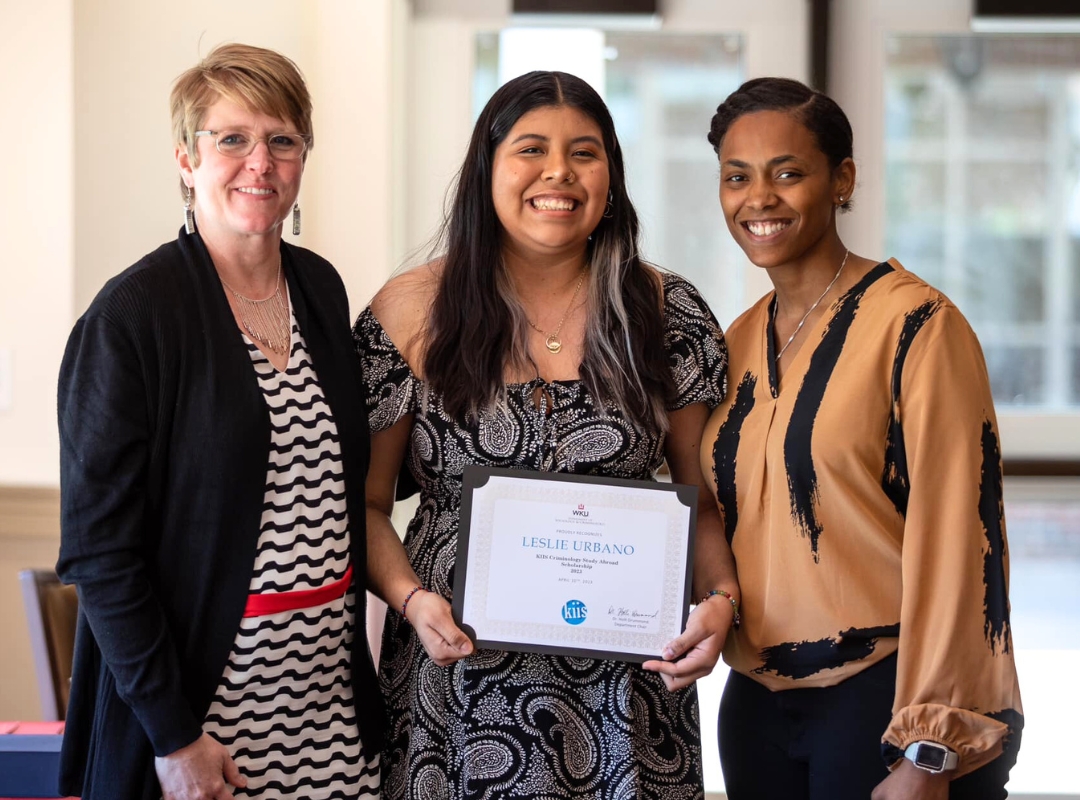Criminology
As a scientific discipline, Criminology emerged from the field of Sociology. Core Sociological concepts inform explanations of crime and society’s response to it.
WKU’s Bachelor’s program in Criminology provides students with the opportunity to understand the theoretical principles which guide practical solutions to issues associated with offending, victimization, and interactions with the Criminal Justice System.

Criminology 4-Year Degree Path
Compared with traditional criminal justice programs, Criminology has a strong interdisciplinary focus. Our program continues this tradition by studying crime through a societal lens as we examine theoretical explanations, policy developments, and the broader implications of solutions on the health and wellbeing of communities and society.

For more information, contact:
- (270) 745-2150
- Grise Hall 100/101
- criminology@wku.edu
Employment opportunities for graduates from the Criminology major program are expected to grow at a better than average rate over the next decade. The need for qualified graduates in Criminology is apparent in the recent growth of Criminology major programs. The interdisciplinary and research-centered focus of the program will allow graduates to seek employment in a variety of vocations, including occupations within the Criminal Justice System, social services, nonprofit, governmental and public and private research agencies at the local, state, national or international level.
This program will also prepare students for graduate study. Courses are available during the traditional spring and fall semester, online, during the summer and winter terms, and through independent learning.
Criminology Career Outlook
|
AVG. SALARY $59,132 |
|
TOP SKILLS Leadership, Customer Service, Public Speaking, Research, Management |
|
TOP EMPLOYERS Commonwealth of Kentucky, Commonwealth of Kentucky Cabinet for Health and Family Services, US Army, United States Air force, Center for Behavioral Health |

-
Probation Officer
-
Lawyer
-
Victim Advocate
- Criminal Investigator
-
Crime Analyst
- Police Officer
Some of the links on this page may require additional software to view.

